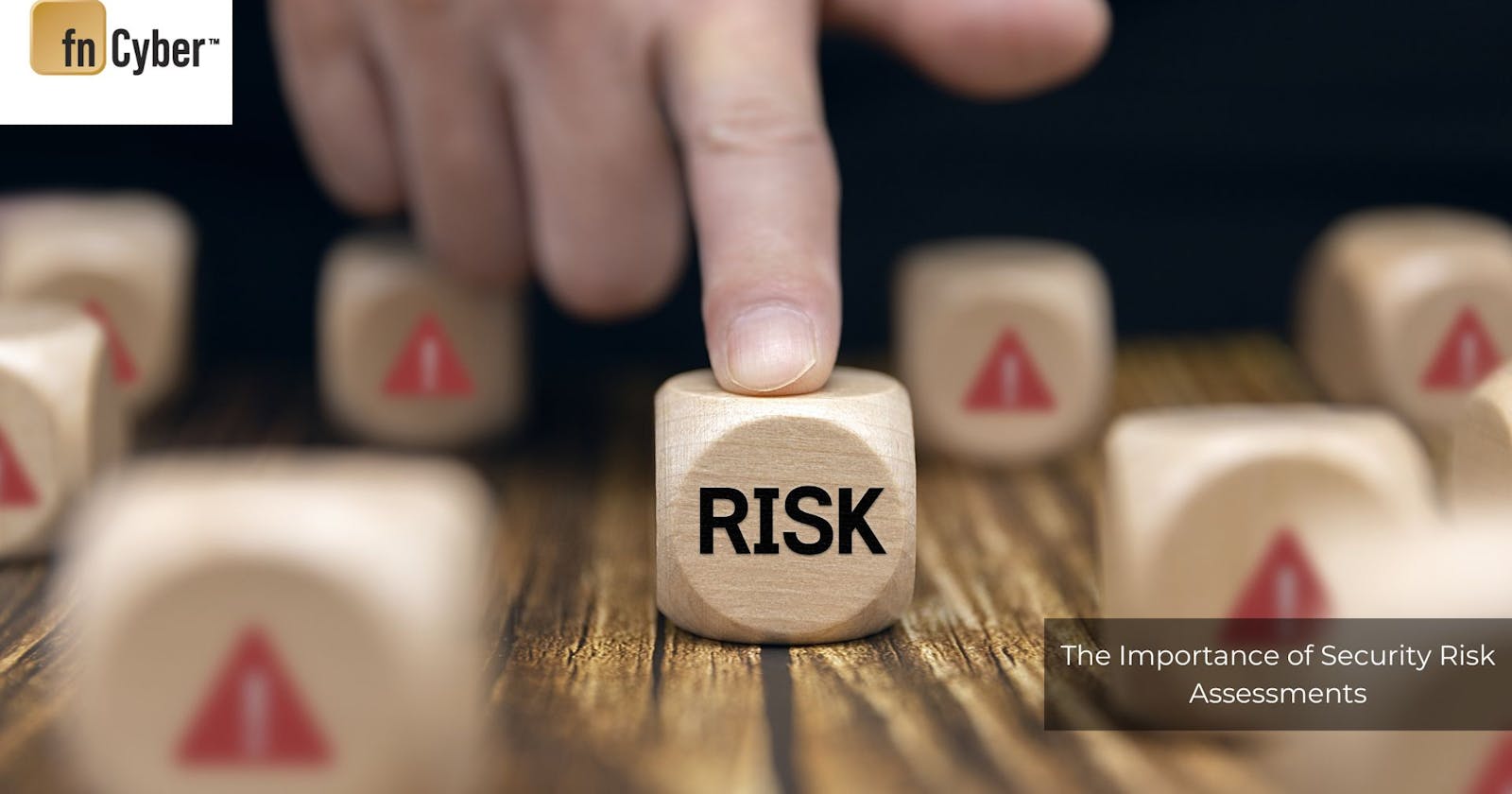In today's digital world, where technological advancements continue to shape our lives and businesses, the significance of security risk assessments cannot be overstated. These assessments serve as the backbone of robust cybersecurity solutions, ensuring the protection of sensitive data and the integrity of systems.
Security Risk Assessments: Defining the Foundation
At its core, a security risk assessment involves identifying, analyzing, and mitigating potential risks that could compromise the security of an organization's assets, both digital and physical. These assessments provide a comprehensive understanding of vulnerabilities, threats, and risks that could impact an organization's operations.
Types of Security Risk Assessments
There are various types of assessments, including vulnerability assessments, threat assessments, and risk analysis, each focusing on different aspects of security. Vulnerability assessments identify weaknesses within systems, while threat assessments delve into potential dangers that could exploit these weaknesses. Risk analysis combines these elements to gauge the impact of identified threats on the organization.
Key Components of a Comprehensive Security Risk Assessment
A successful security risk assessment involves several critical components. Identifying assets and vulnerabilities, assessing potential threats, and analyzing risks and their potential impacts are fundamental steps toward building a resilient security framework.
Benefits of Conducting Security Risk Assessments
The benefits of these assessments extend far beyond merely identifying vulnerabilities. They play a pivotal role in preventing security breaches, enhancing existing cybersecurity measures, and doing so in a cost-effective manner.
Steps to Perform a Security Risk Assessment
Conducting a security risk assessment requires a systematic approach. Gathering relevant information, identifying potential risks, and evaluating and prioritizing these risks are crucial steps in the process.
Integration of Security Risk Assessments in Business Strategies
To ensure effectiveness, security risk assessments must be integrated into an organization's overall business strategy. This involves aligning these assessments with company policies and embedding them within existing cybersecurity frameworks.
Challenges and Limitations
However, these assessments are not without challenges. Constantly evolving threats and resource constraints pose significant obstacles, demanding a proactive and adaptable approach to security.
The Role in Cybersecurity Solutions
Security risk assessments are integral components of broader cybersecurity solutions. They complement other security measures and contribute to strengthening an organization's overall cybersecurity posture.
Case Studies and Real-World Examples
Numerous success stories highlight the impact of well-executed security risk assessments. These examples showcase how organizations have improved their security measures through comprehensive assessments.
Future Trends
As technology evolves, so too do the methodologies and technologies involved in security risk assessments. Predictions indicate a future where assessments become even more sophisticated, adapting to emerging threats.
Conclusion
In conclusion, security risk assessments are indispensable tools in today's digital age. Their role in identifying, mitigating, and preventing security threats cannot be overstated. Embracing these assessments as part of a proactive cybersecurity strategy is essential for organizations aiming to safeguard their assets and maintain their integrity.
FAQs
- Why are security risk assessments crucial for businesses?
Security risk assessments help businesses identify vulnerabilities and threats, allowing them to proactively strengthen their security measures.
- How often should security risk assessments be conducted?
Regular assessments are recommended, typically annually or whenever there are significant changes in the organization's infrastructure or operations.
- Are there automated tools available for conducting security risk assessments?
Yes, there are various automated tools available that assist in conducting assessments, but human expertise is often necessary for comprehensive analysis.
- Can small businesses benefit from security risk assessments?
Absolutely, small businesses can benefit greatly from these assessments as they help in understanding potential risks and implementing cost-effective security measures.
- What happens after a security risk assessment is completed?
After the assessment, the organization should prioritize and address identified risks, implementing appropriate security measures based on the assessment findings.
